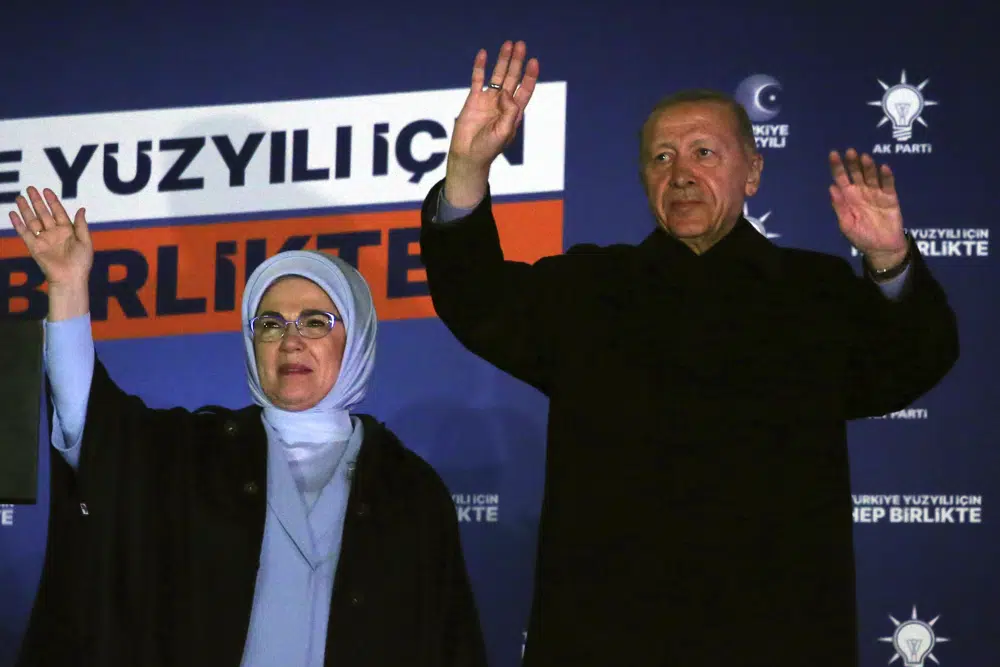In the aftermath of a closely contested first round, the presidential elections in Turkey are poised for a second run-off. With nearly all domestic and overseas votes accounted for, current President Recep Tayyip Erdogan leads his chief adversary, Kemal Kilicdaroglu, but falls short of the requisite majority for a clear-cut victory. The elections, crucial for the strategic NATO country, has been closely monitored globally for signs of the nation’s political trajectory.
Power Dynamics: Erdogan, Kilicdaroglu, and the Nation’s Expectations
Erdogan, who has held the reins of power for two decades, received 49.4% of the votes, while Kilicdaroglu, the candidate representing a six-party opposition alliance, secured 45%. With the possibility of a second-round vote, Erdogan affirmed his willingness to accept the nation’s decision, while Kilicdaroglu expressed optimism about victory and the potential for democratic reform.
Pre-election polls had hinted at a slight advantage for Kilicdaroglu, fostering hopes for a shift from Erdogan’s increasingly authoritarian rule. The election outcomes revealed that Erdogan’s Justice and Development Party is likely to retain its parliamentary majority, a factor potentially favoring Erdogan in a second-round vote.
LGBTQ Rights and the Election Rhetoric
As has been the case in the past, Erdogan’s campaign was marked by divisive rhetoric. This included suggesting a link between Kilicdaroglu, who was backed by the pro-Kurdish party, and “terrorists,” and condemning the support for what he termed “deviant” LGBTQ rights. Kilicdaroglu, however, based his campaign on promises to reverse crackdowns on free speech, democratic backsliding, and to repair an economy beleaguered by high inflation and currency devaluation.
The Backdrop of the Elections: Economy and Earthquake
The elections unfolded against a backdrop of economic turbulence, a cost-of-living crisis, and the aftermath of a devastating February earthquake. The nation’s economic woes, the controversial leadership style of Erdogan, and his unconventional economic theories have attracted attention from Western nations and foreign investors.
Despite Erdogan’s controversial leadership style, which critics link to a painful cost-of-living crisis, he remains hopeful. “The election results have not been finalized doesn’t change the fact that the nation has chosen us,” said Erdogan, echoing the sentiments of a nation awaiting its next chapter.

